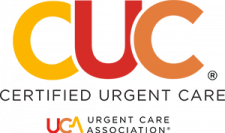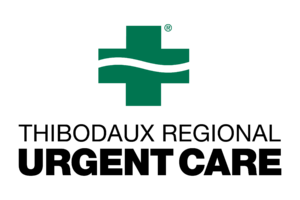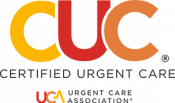Did you know that your diet can directly affect your blood pressure reading?
While most of us think of the condition as a hereditary illness that affects older adults or those who have heart issues, anyone at any time can have high blood pressure, and diet plays a more significant role in your heart health than you may realize.
Whether you’ve been diagnosed with high blood pressure, have a medical or family history of the condition, or are simply curious about how diet affects your blood pressure, we are here to help.
We encourage you to follow a healthy, balanced diet to maintain your overall health. If you’re at risk or living with high blood pressure, the high blood diet may be your best option.
Before beginning a new diet regimen, you must speak with your primary care physician or a medical professional.
Let’s discuss the high blood pressure diet in more detail.
What Is High Blood Pressure?
Blood pressure is a quantitative measurement of the force of blood pushing against your artery walls as your heart pumps blood throughout your body.
It is most often categorized in four ways:
- Low blood pressure occurs when the systolic blood pressure is lower than 90 or the diastolic blood pressure is lower than 60. This is often referred to as hypotension.
- Normal blood pressure is defined as a systolic pressure of less than 120 and a diastolic pressure of less than 80.
- Elevated blood pressure is a systolic pressure between 120 and 129 with a diastolic pressure of less than 80.
- High blood pressure is a systolic pressure of 130 or higher or a diastolic number of 80 or higher. This is referred to as hypertension.
If you find yourself in the last category often, your doctor may formally diagnose you with high blood pressure, even if you’re not experiencing symptoms.
What Are the Symptoms of High Blood Pressure?
About 33% of people with high blood pressure don’t experience any symptoms.
If and when symptoms occur, they may include
- Severe headaches
- Nosebleeds
- Fatigue
- Confusion
- Vision issues
- Chest pain
- Irregular heartbeat
- Blood in the urine
- A pounding feeling in your chest, neck, or ears
Managing Your Condition With a High Blood Pressure Diet
If you’ve been diagnosed with high blood pressure or are hoping to avoid the formal diagnosis through lifestyle changes, we can help.
Two key factors to consider when eating for blood pressure health include
- Lowering Your Salt Intake — As we age, our bodies become more sensitive to sodium. The more you consume, the more of an effect it has on your blood pressure. According to the American Heart Association, adults with elevated or high blood pressure should not consume more than 1,500mg of sodium daily.
- Eating a Heart-Healthy Diet — What you eat matters, especially when it comes to your cardiovascular health. Aim to fill your plate with fruits, vegetables, whole grains, lean proteins, and low-fat dairy products.
The DASH Method: An Ideal High Blood Pressure Diet
The DASH diet, or “dietary approaches to stop hypertension,” is one of the best eating plans to help mitigate high blood pressure.
This diet takes the aforementioned factors into consideration and focuses on eating a balanced diet that is low in sodium.
The DASH diet targets a standard 2,000-calorie diet and advises the following servings by food category:
| Food Category | Servings Per Day |
| Fruits | 4 to 5 |
| Vegetables | 4 to 5 |
| Meat, Poultry, Fish | 6 or fewer |
| Grains | 6 to 8 |
| Dairy (low-fat or fat-free) | 2 to 3 |
| Fats and Oils | 2 to 3 |
| Sodium | 2,300mg for those without high blood pressure or 1,500mg for those with the condition |
Limiting your nut, seeds, dry beans, and pea consumption to 4 to 5 servings per week is also recommended. A strong emphasis is placed on limiting fatty meats, sugary beverages, sweets and desserts, and full-fat dairy products.
As mentioned, it is crucial to speak with your doctor or cardiologist before changing your diet or lifestyle in a way that could affect your blood pressure.
High Blood Pressure Care You Can Count on in Houma
At Thibodaux Regional Urgent Care of Houma, we understand that blood pressure can affect your overall health and well-being, especially when it’s higher than average.
Eating a balanced diet low in sodium, like the DASH diet, can help. We can assist you with navigating your blood pressure journey to promote optimal health.
If you are living with high blood pressure or want a more in-depth look at how your diet could affect your heart health, we are open seven days a week and ready to help.
It’s essential to check your blood pressure often to ensure you stay on top of your reading. Stop in today to get a quick test– no appointments are necessary.




